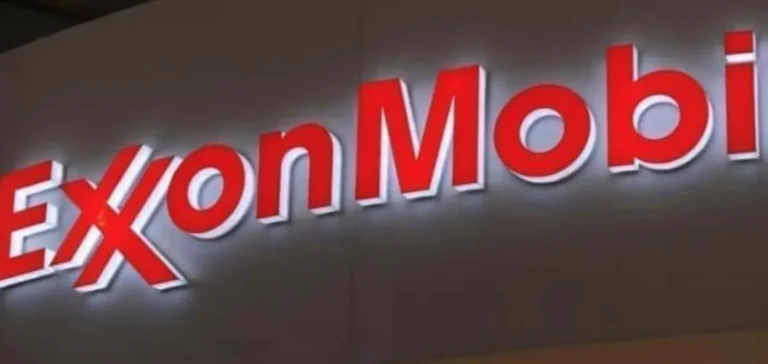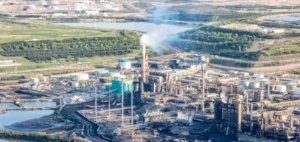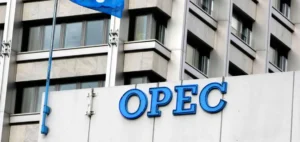Exxon Mobil has restarted its fluid catalytic cracking unit (FCCU) at the Beaumont refinery in Texas, following a technical failure that led to a temporary suspension of operations. The facility, with a processing capacity of 120,000 barrels per day, ceased functioning on Tuesday evening due to a malfunction reported in a notice submitted to the Texas Commission on Environmental Quality (TCEQ).
Gradual restart after shutdown
Operations resumed on Thursday, after on-site teams conducted technical inspections and corrective actions to ensure a secure restart process. The shutdown triggered flaring activities, a standard measure used to burn off unprocessed hydrocarbons. According to the statement sent to authorities, these operations lasted approximately 24 hours, in line with safety protocols applicable to such facilities.
The Beaumont refinery, one of Exxon Mobil’s largest complexes in the United States, has a total processing capacity of 612,000 barrels per day. The plant plays a central role in the company’s refining network, producing automotive fuel and other petroleum derivatives for both domestic markets and export flows.
Limited impact on production volumes
No public statement was made by Exxon Mobil regarding the exact causes of the incident or the technical details of the restart. However, sources close to operations indicated that teams were mobilised to minimise production disruption. The temporary shutdown of the FCCU did not result in major delivery disruptions in the region, based on preliminary information.
Fluid catalytic cracking units are essential for converting heavy hydrocarbons into intermediate components used in gasoline production. The proper functioning of these units is critical to maintaining expected yields amid strong fuel demand along the U.S. Gulf Coast, where refining margins remain stable.
Ongoing investment in infrastructure
Exxon Mobil continues to focus its investments on the reliability and efficiency of its U.S. infrastructure. The Beaumont site, located near the Gulf of Mexico, is a strategic hub for the supply of gasoline, diesel and chemical feedstocks, supporting both national consumption and export flows.






















